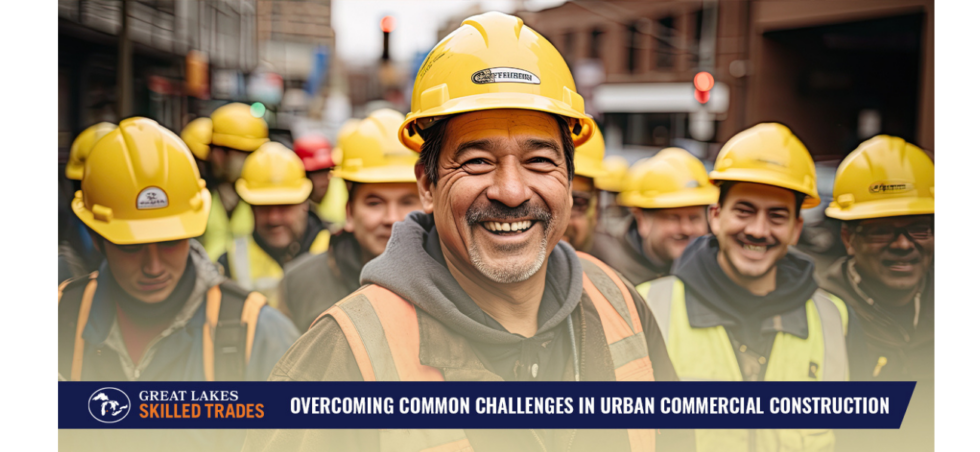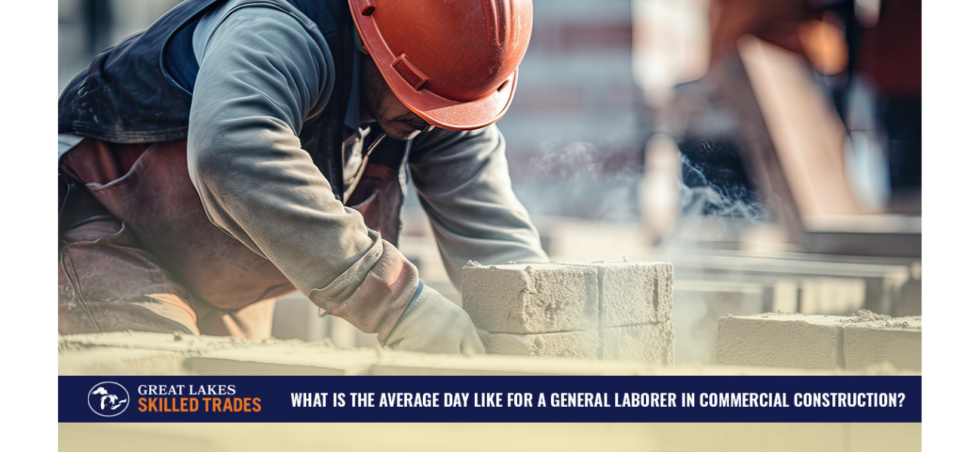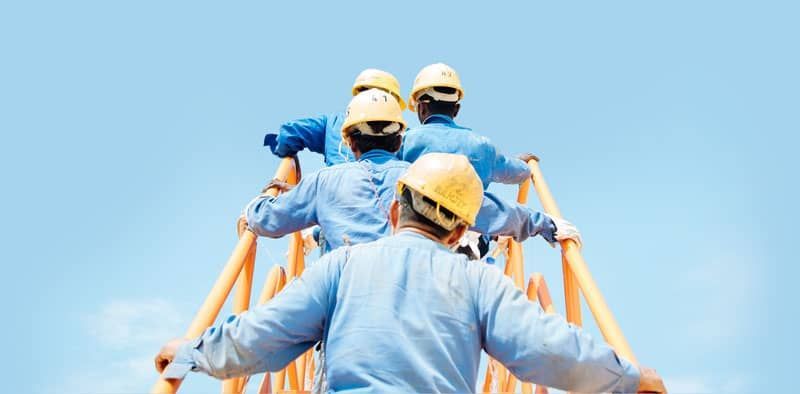If you’re in construction, you might wonder what you can do to stand out from the crowd and increase your chances of moving up the ladder. Here are five essential work habits that can help you show your commitment to the job.
Prioritizing Safety
Safety is number one on any construction site. There are a lot of hazards, and construction companies are eager to minimize the risks as much as possible. Make sure you follow all of your safety training at all times. Never cut corners, even if you’re in a hurry. Use all appropriate PPE (personal protective equipment), such as steel-toed boots and a hard hat if required. Never operate equipment without proper training, and report any unsafe conditions immediately.
Being Punctual and Reliable
Construction projects run on very detailed schedules, and a single person could throw the entire timeline into disarray. Always show up on time and work to the very best of your ability. Develop a reputation as the go-to person who can be relied on no matter what the situation.
Fostering Teamwork and Communication Skills
Construction isn’t the right field for loners. You’ll be part of a crew that needs to operate as a smooth unit. Being a team player, keeping the lines of communication open, and helping things run as smoothly as possible will help you get noticed. If you have natural leadership skills, don’t be afraid to show them off. Just make sure you don’t overstep your authority, which can lead to resentment.
Paying Attention to Detail
Ever hear the old saying, “Measure twice, cut once”? On a construction site, every detail matters. The walls must be square. Steel beams must fit together precisely. Learn to focus on even the smallest details without losing track of the bigger picture.
Developing Adaptability and Problem-Solving Abilities
Construction sites are busy and dynamic, and things can change quickly. It’s also a given that issues will arise. The most successful construction workers are able to adapt and roll with the punches while also solving problems on the fly. If you can make quick assessments, figure out what to do, and then act decisively, you will be in high demand.
Ready for a New Skilled Trade Position?
At Great Lakes Skilled Trades, we specialize in connecting professionals in the skilled trades with contractors who need their services throughout the Great Lakes region. If you’re a skilled trade worker looking for your next position, check out our available jobs today!









